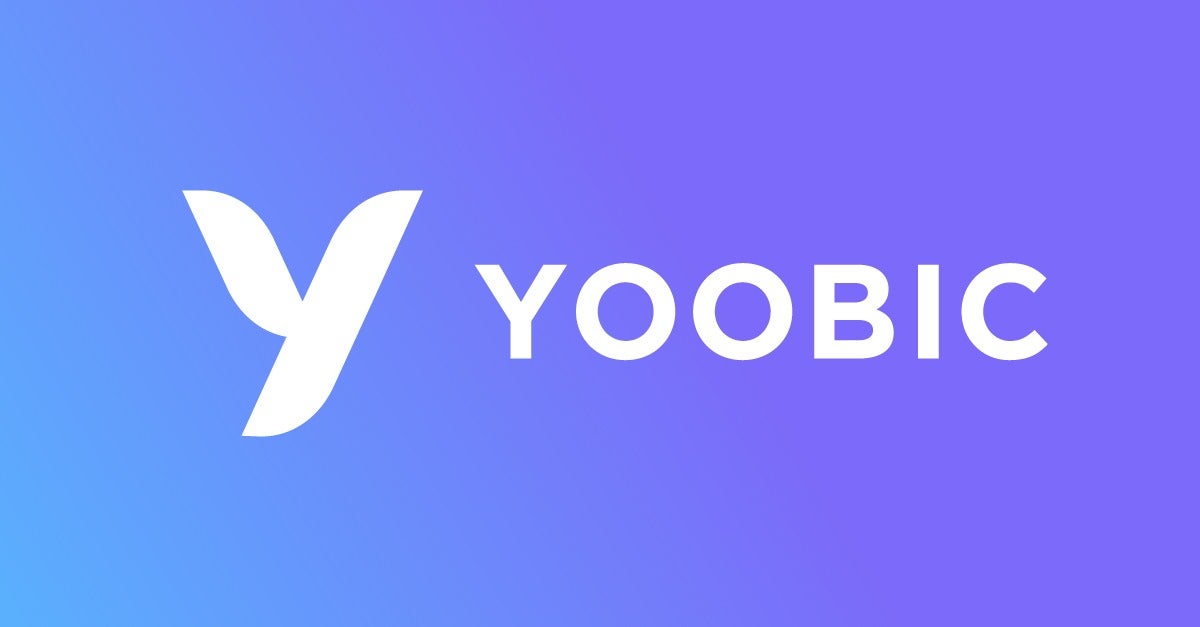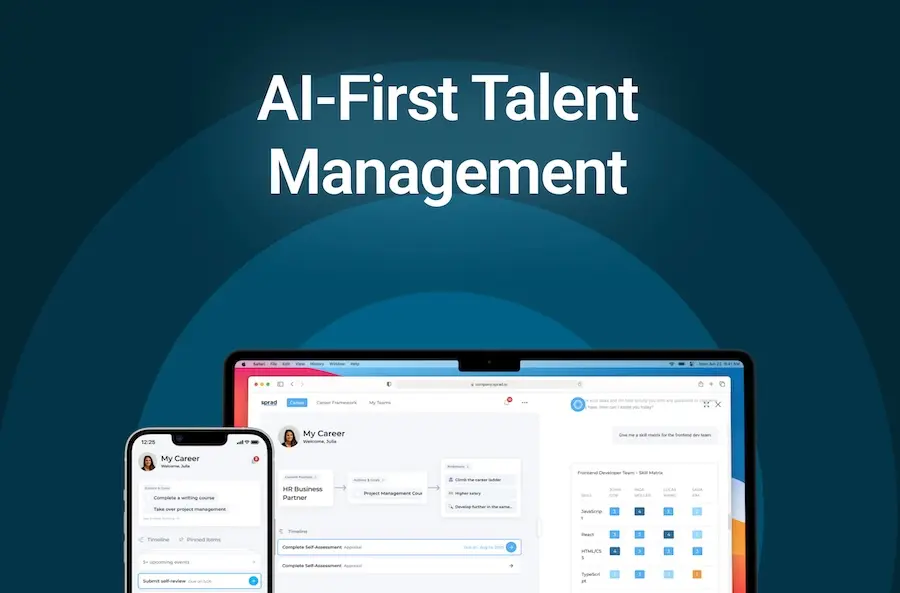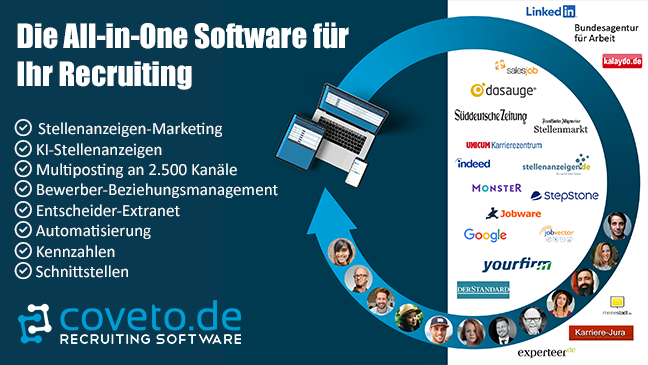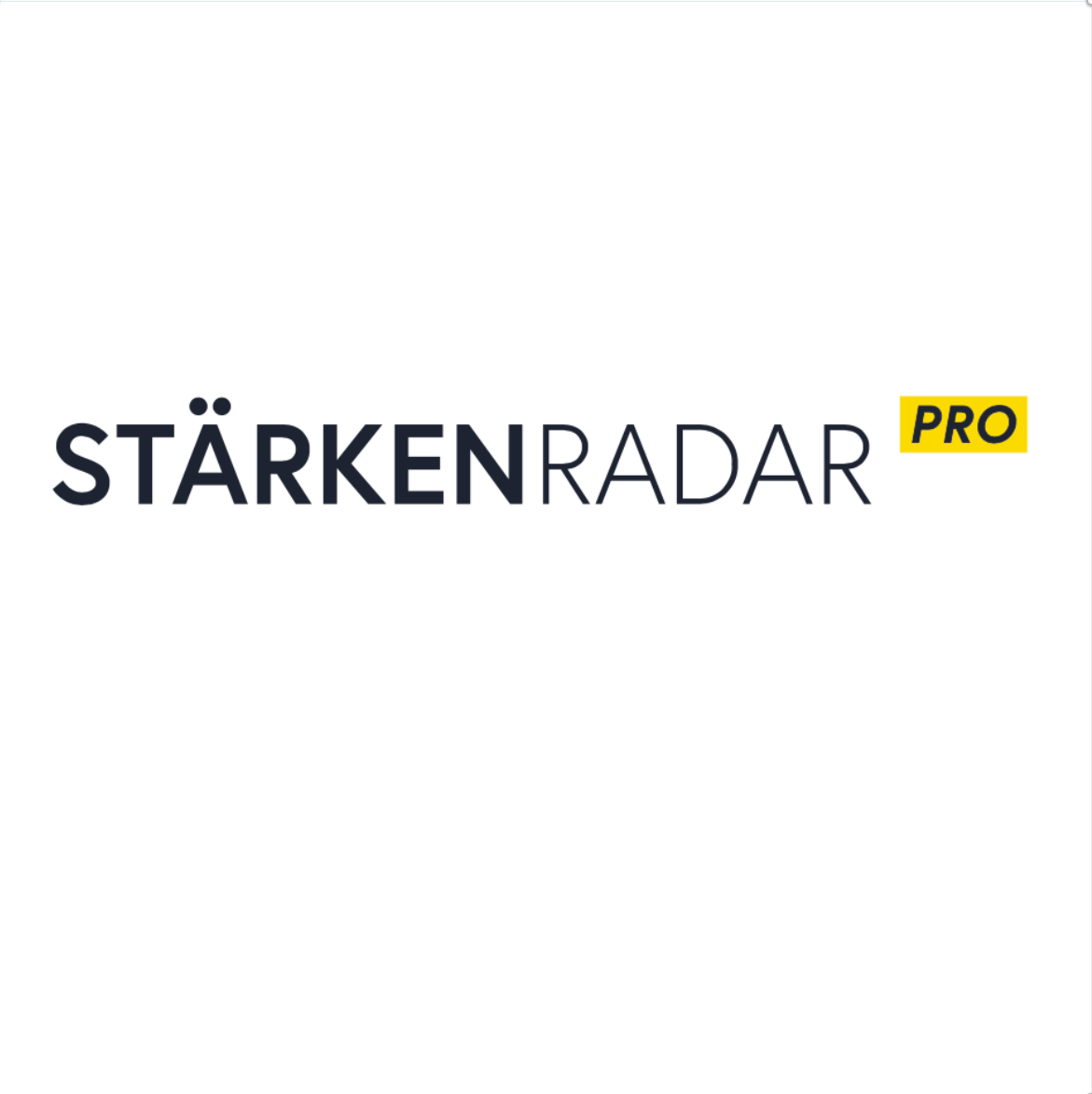
YOOBIC















YOOBIC as an LXP: Mobile learning, task control and streamlined frontline processes
YOOBIC combines microlearning, task management and internal communication into a single platform tailored to frontline teams and distributed workforces. It tackles three recurring pain points: inconsistent training standards, lack of real-time task control and limited visibility into learning progress. The platform links short, modular learning units with checklists and assigned tasks so knowledge is applied directly within daily workflows.
Common use cases include fast onboarding, retail product updates and standardized safety inspections at remote sites. Microlearning modules delivered to mobile devices lower barriers to participation and shorten time-to-competence. At the same time, the task module enables assignment, tracking and documentation of actions in real time.
Pros and cons at a glance
The main strength is the integration of learning and operational control: training is embedded in work rather than treated as a separate activity. Gamified elements boost engagement, analytics reveal training gaps, and integrations maintain data consistency with existing HR and operational systems. A noted drawback is occasional opacity in pricing, which can extend the evaluation phase.
From an HR and executive perspective, YOOBIC reduces administrative burden through standardized content pipelines, templates and reporting. The platform scales for decentralized teams while providing a central data foundation for compliance and quality checks. Technical integration and initial content creation require setup effort, but structured rollout plans mitigate that investment.
- Strengths: Combined LXP and task management, mobile learning paths, reporting
- Weaknesses: Pricing transparency can be limited, initial implementation effort
Within Learning Experience Platforms (LXP), YOOBIC presents a pragmatic approach to process simplification, linking operational efficiency with measurable learning outcomes.
HR Software Provider is listed in the following categories:
More information














